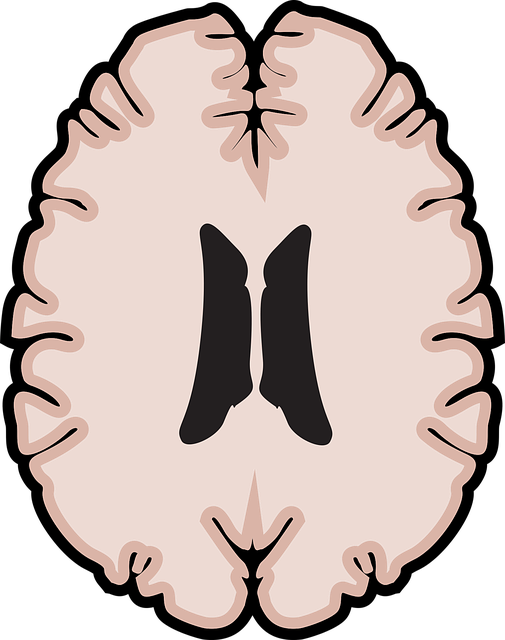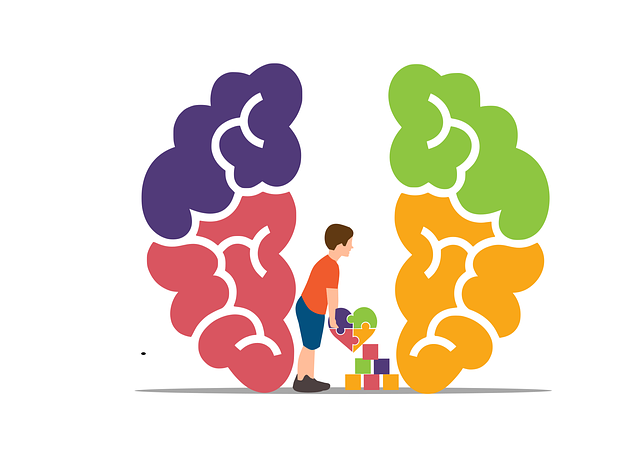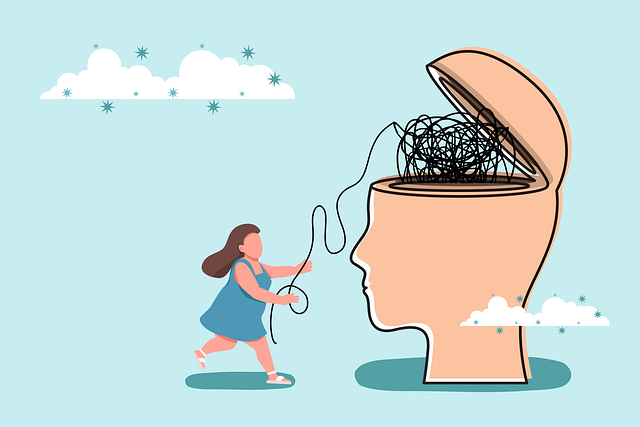Trauma from abuse or violence deeply impacts an adult's daily life and mental health, with interpersonal issues playing a significant role in recovery. "Therapy for Adults Interpersonal Issues" focuses on past traumatic experiences affecting relationships, self-perception, and overall well-being. Through tailored techniques like mindfulness meditation, CBT, and EMDR, therapy empowers individuals to reclaim their lives, rebuild trust, and overcome symptoms of anxiety and depression. Online platforms and virtual sessions expand access to these services, fostering inclusive care for diverse communities. By combining mental health education, coaching, and public awareness, a holistic approach to trauma support is achieved, promoting emotional resilience and compassionate connections.
In today’s world, trauma support services are more vital than ever. This comprehensive guide delves into the intricate aspects of assisting adults healing from traumatic experiences. From understanding the profound impact of trauma on mental health to exploring the interplay between interpersonal issues and recovery, we dissect effective therapeutic approaches.
We examine holistic strategies for providing meaningful support and discuss ways to enhance access to essential therapy for adults, addressing complex emotional journeys with compassion and expertise.
- Understanding Trauma and its Impact on Adults
- The Role of Interpersonal Issues in Trauma Recovery
- Types of Therapy for Adult Traumatic Experiences
- Providing Effective Support: A Holistic Approach
- Enhancing Access to Trauma Support Services
Understanding Trauma and its Impact on Adults

Trauma, a profound and lasting impact on an individual’s life, can manifest from various experiences such as physical or emotional abuse, accidents, or exposure to violent events. For adults, understanding and addressing trauma is crucial for overall well-being. Therapy for Adults Interpersonal Issues plays a pivotal role in this process. The effects of trauma extend beyond the immediate moment; they infiltrate an individual’s daily functioning, relationships, and sense of self. Unresolved, these impacts can lead to anxiety, depression, flashbacks, and other distressing symptoms.
Through compassionate cultivation practices and mind over matter principles, adults can learn effective self-care practices to manage trauma responses. Therapy offers a safe space for individuals to explore and process traumatic memories, emotions, and behaviours, fostering healing and growth. By integrating various therapeutic techniques tailored to their unique needs, adults can reclaim their lives, rebuild trust in themselves and others, and cultivate resilience to navigate life’s challenges with greater ease.
The Role of Interpersonal Issues in Trauma Recovery

Interpersonal issues play a significant role in trauma recovery for adults seeking therapy. The impact of past traumatic experiences often extends beyond the individual, affecting relationships and social interactions. Many survivors struggle with trust, intimacy, and communication due to the nature of their trauma, which can create barriers to healing. In these cases, therapy for adults focusing on interpersonal issues becomes essential.
Professionals in trauma support services can help individuals process and manage these challenges through various therapeutic approaches. Techniques like mindfulness meditation promote self-awareness and emotional regulation, enabling survivors to navigate their relationships with greater ease. By addressing underlying interpersonal dynamics, therapists contribute to burnout prevention and foster a healthier, more supportive social environment for trauma recovery.
Types of Therapy for Adult Traumatic Experiences

Traumatic experiences can profoundly impact an adult’s life, affecting their emotional well-being and interpersonal relationships. Fortunately, various therapeutic approaches are available to help adults process and overcome trauma. One effective method is therapy for adults with interpersonal issues, which focuses on the complex interplay between past traumas and current relationships. This type of therapy aims to build resilience by enhancing emotional intelligence—the ability to recognize and manage one’s emotions—and fostering inner strength development.
Through structured mental health education programs design, individuals can learn coping strategies to navigate the challenges posed by traumatic memories. Techniques such as cognitive-behavioral therapy (CBT) help reframe negative thoughts, while eye movement desensitization and reprocessing (EMDR) facilitates the brain’s natural healing process. These evidence-based approaches empower adults to regain a sense of control, improve their overall mental health, and strengthen their ability to navigate interpersonal relationships with greater confidence and empathy.
Providing Effective Support: A Holistic Approach

Effective trauma support goes beyond treating symptoms; it involves a holistic approach addressing the whole person. This means recognizing and tending to both the emotional and physical aspects of healing. For adults coping with interpersonal issues stemming from traumatic experiences, this could involve therapy sessions tailored to their unique needs, combining evidence-based practices like cognitive behavioral therapy (CBT) with techniques focused on resilience building and emotional regulation. By fostering a safe space for individuals to process their trauma, share their stories, and explore healthy coping mechanisms, these services empower clients to regain a sense of control and enhance their mental wellness.
Integrating various support systems is key in this holistic framework. Mental wellness coaching programs can offer guidance and accountability, helping individuals set achievable goals and develop personalized strategies for managing stress. Public awareness campaigns and stress management workshops within communities also play a vital role by normalizing conversations about trauma and providing tools to recognize signs of distress. This collaborative approach ensures that those seeking support receive comprehensive care tailored to their journey towards healing and recovery.
Enhancing Access to Trauma Support Services

In today’s digital era, enhancing access to trauma support services is more crucial than ever. Online platforms and virtual therapy sessions have revolutionized how individuals connect with mental health professionals, ensuring that those in remote areas or facing physical barriers can receive much-needed Therapy for Adults Interpersonal Issues. This shift not only widens the reach of care but also promotes inclusivity, allowing diverse communities to access specialized trauma support.
Effective communication strategies, such as Compassion Cultivation Practices, play a pivotal role in this process. By fostering empathetic connections and creating safe spaces, these practices encourage open dialogue and facilitate healing. Coupled with robust Mental Health Policy Analysis and Advocacy, we can ensure that services are not only accessible but also tailored to meet the unique needs of trauma survivors. This holistic approach, focusing on both infrastructure and interpersonal dynamics, is essential in addressing interpersonal issues and fostering a more compassionate society.
Trauma support services play a pivotal role in helping adults recover from traumatic experiences. By integrating holistic approaches that address both the psychological and interpersonal aspects of trauma, we can significantly enhance recovery outcomes. Recognizing the diverse types of therapy available and improving access to these essential services is crucial for fostering resilience and healing among those who have suffered. Through collaborative efforts, we can ensure that individuals affected by trauma receive the comprehensive care they need to rebuild their lives.









